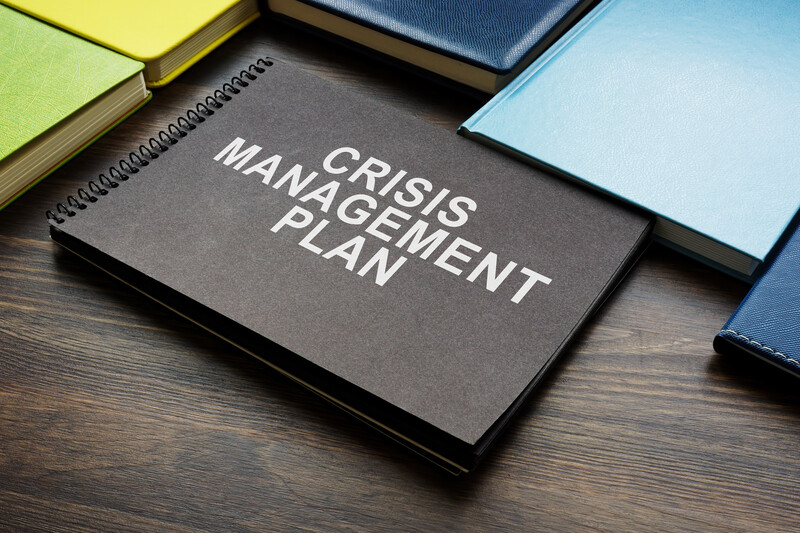


Navigating Crises with Confidence: Five Ways Strategic Plans Support Crisis Response
By Mike Bell for American City and County
Some crises are short-lived, barging through our lives and routines, and before we can get a sense of what’s happened, we’re left dealing with the aftermath. But many crises build slowly, with many early warning signs, and once they’vehit their breaking point, panic and uncertainty overwhelm the ability of leaders to think clearly and mitigate negative consequences. In the aftermath of a crisis, leaders are often able to look back and identify missed opportunities that could have ultimately prevented such an incident.
It’s important for organizations of all kinds to have a crisis plan, but this is especially true for local governments and other public sector organizations. Unlike private sector companies, local governments are expected to provide vital information to the public during several threats, such as climate disasters, ransomware and cyber-attacks, political unrest and public health emergencies. These crisis response efforts require trustworthy, effective, clear communication with multiple stakeholders including emergency responders, health care providers, media and the public. Failure to communicate during (and respond effectively to) a crisis can result in tragedy—from confusion, panic, and economic impact to injury or loss of life.
While developing a plan in response to one specific crisis can be stressful, complicated and time consuming, most local governments already have an impactful tool in their toolbelt to support crisis response—a strategic plan.
There are several critical ways in which strategic plans can assist local governments in their crisis communications and response efforts.
1. Focus on immediate needs.
By having a strategic plan in place, local governments can avoid the cost of reactionary crisis planning and can better dedicate time to both communicating with the public and executing actions that lead to recovery.
A comprehensive strategic plan can prevent two potentially damaging responses to a crisis: making decisions too quickly and without enough thought, or not making any decisions at all. Leaders should be prepared to make rational and calm decisions whenever possible. Eliminating at least some aspects of decision paralysis by providing plausible next steps goes a long way in a crisis, and a strategic plan does just that.
By establishing protocols for everything from information distribution, resource allocation and communications standards, strategic plans have already laid the groundwork for a crisis plan.
For more, click here.